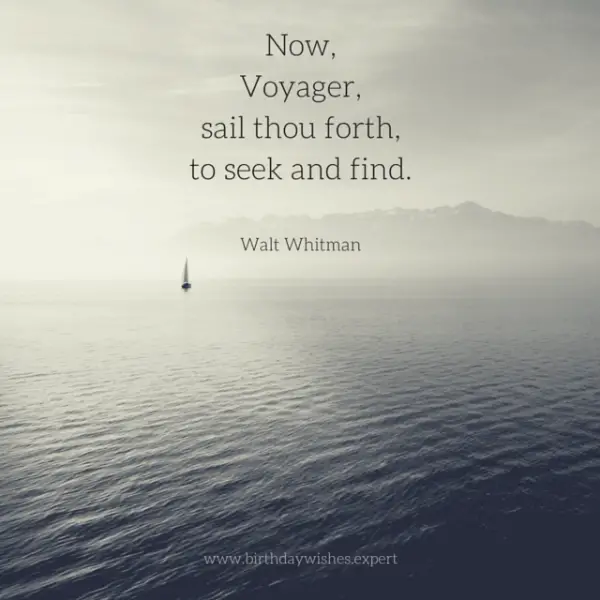


Whitman engages with themes that include exploration, expansion, and the future throughout ‘Passage to India’. While the title suggests that the poem is focused on India as a place of exploration that’s not the case. While the voyage might seem like a terrifying one, he is protected by God. He imagines that he is on this important journey with his soul and that the two of them are circumnavigating the earth together.Īfter asking himself if he is ready to go further on his journey, the reply is an eventual yes and he commands the anchor to be lifted. The speaker also takes the time to mourn the downfall of men, like Columbus, who ended their lives unhappily. The pull of exploration is like a current running through the human race and he is a part of it and wants to feel the connectivity of the earth. That scares the speaker, but not so much so as to deter him from undertaking the voyage. The P assage to India is not easy, many have died on the way. He will return to the birthplace of mankind and be renewed for the rest of his life. He sees India as a mysterious and fabled place that once visited, will allow the rejuvenation of his soul. These works, the Suez Canal, the great American Railway, and the transatlantic cable allowed men and women to know one another in a new way. Passage to India begins with a description of the new marvel of the modern world and how they are part of God’s plan. ‘ Passage to India’ by Walt Whitman describes an imaginary journey that a speaker wants to take into fabled India.


 0 kommentar(er)
0 kommentar(er)
